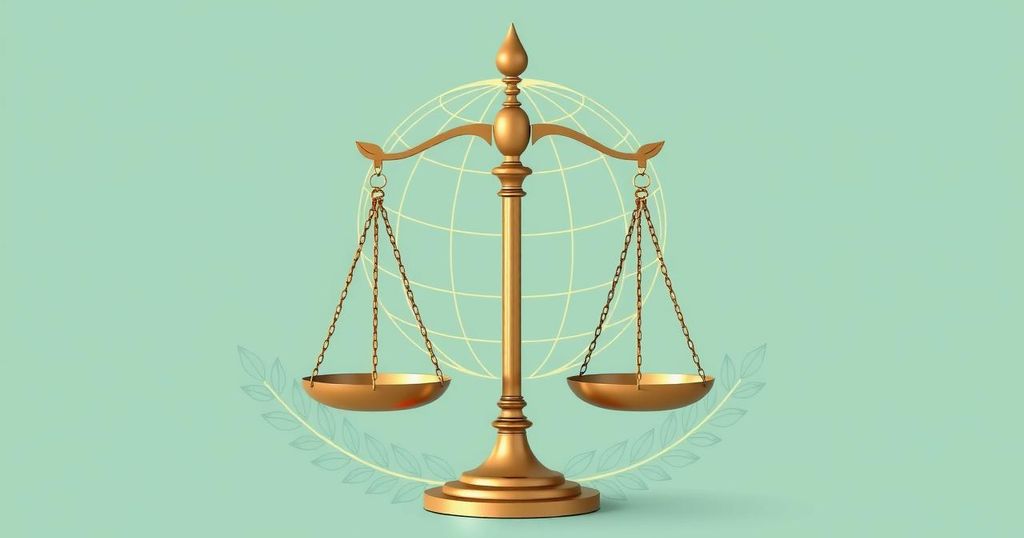UN Human Rights Council Addresses Violations in Iran, Syria, and Venezuela

The UN Human Rights Council reviewed human rights violations in Iran, Syria, and Venezuela, focusing on issues such as repression during protests in Iran, enforced disappearances in Syria, and political oppression in Venezuela’s elections. Experts highlighted the alarming treatment of victims in all three countries, reflecting a broader call for accountability and protection of human rights.
The UN Human Rights Council in Geneva, during its latest session, scrutinized the human rights situations in Iran, Syria, and Venezuela. Council-appointed experts highlighted severe violations in Iran, particularly linked to protests that erupted after Mahsa Amini’s death in 2022. Reports indicated that children were harmed by metal pellets during these protests, and detainees faced extreme violence, including torture and rape.
Sara Hossein, chair of the Fact-Finding Mission on Iran, emphasized that Iran has not recognized the underlying demands for equality and justice from the protests. The ongoing criminalization and oppression of protesters, especially women and girls, raises significant concerns. She noted that victims and their families are harassed and threatened, undermining their faith in the Iranian judicial system, which cannot be trusted to deliver justice.
The issue of enforced disappearances in Syria also received attention, with Paulo Pinheiro, head of the Commission of Inquiry, calling for urgent measures to ascertain the fates of tens of thousands who have disappeared under the Assad regime. He acknowledged the willingness of new authorities to collaborate on human rights matters while stressing that Syria’s humanitarian situation remains dire, urging an end to sanctions hindering recovery efforts.
In addressing Venezuela, Marta Valiñas, chair of the Independent International Fact-finding Mission, underscored the ongoing human rights abuses characterized by political repression and arbitrary detentions. She criticized the National Electoral Council for its lack of electoral transparency during the contested 2024 presidential elections and noted a spike in arrests of opposition figures in the lead-up to the inauguration on 10 January 2025. Investigations into protests indicated military violence that led to several fatalities.
Moreover, Valiñas raised alarms about detainee deaths resulting from alleged health complications attributed to torture and inhumane treatment while in custody. In contrast, the Venezuelan Government deemed the findings as biased and politically motivated, dismissing the Commission’s authority and accusing it of propagandistic practices.
The UN Human Rights Council’s recent session illuminated significant human rights violations in Iran, Syria, and Venezuela. Experts reported on the brutal repression of protesters in Iran, the grave humanitarian crisis in Syria, and ongoing political oppression in Venezuela. The findings emphasize the need for accountability and international attention to ensure that victims’ rights are acknowledged and upheld. Each country’s government has contested these reports, indicating a complex struggle between sovereign narratives and the international human rights agenda.
Original Source: news.un.org








